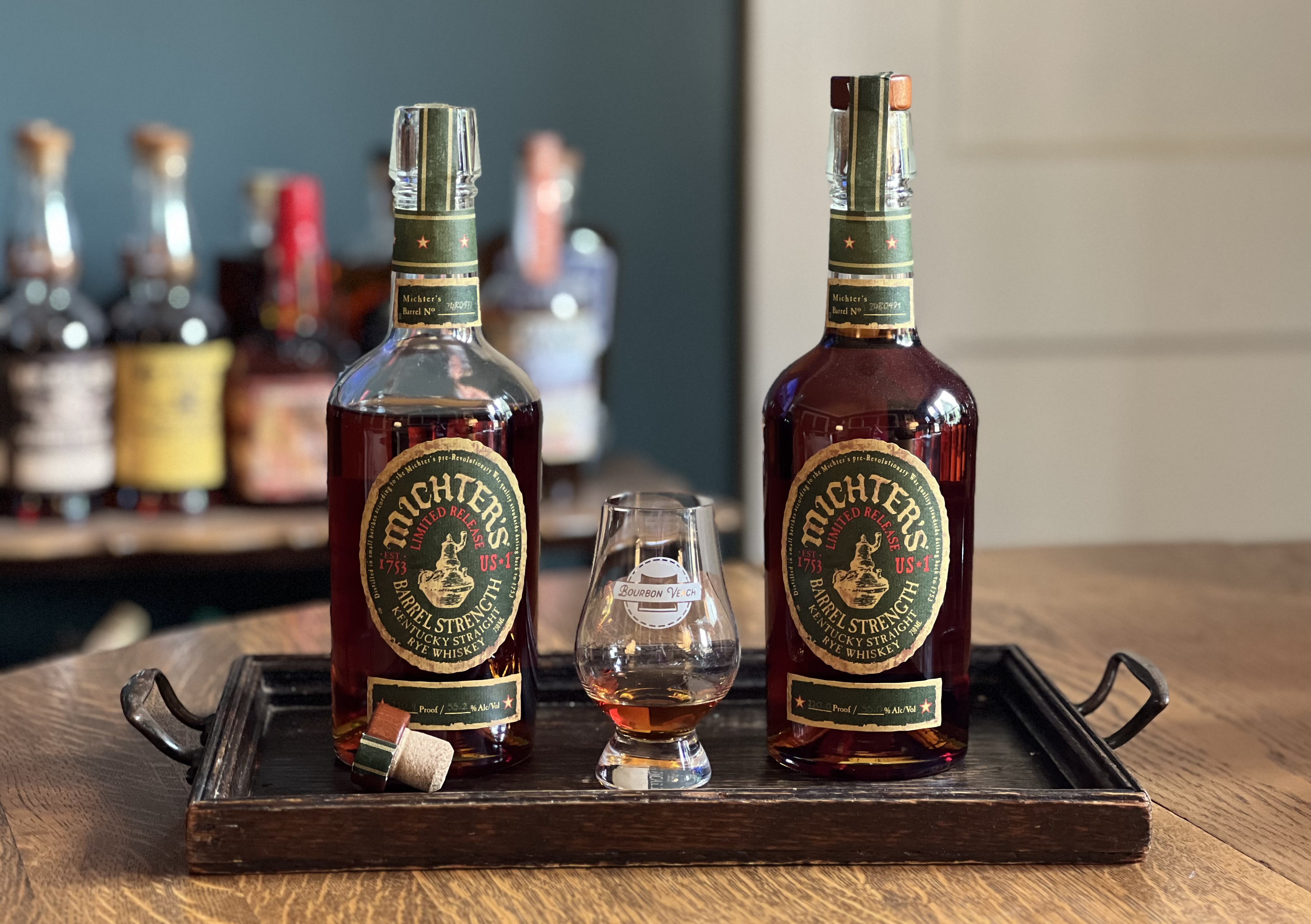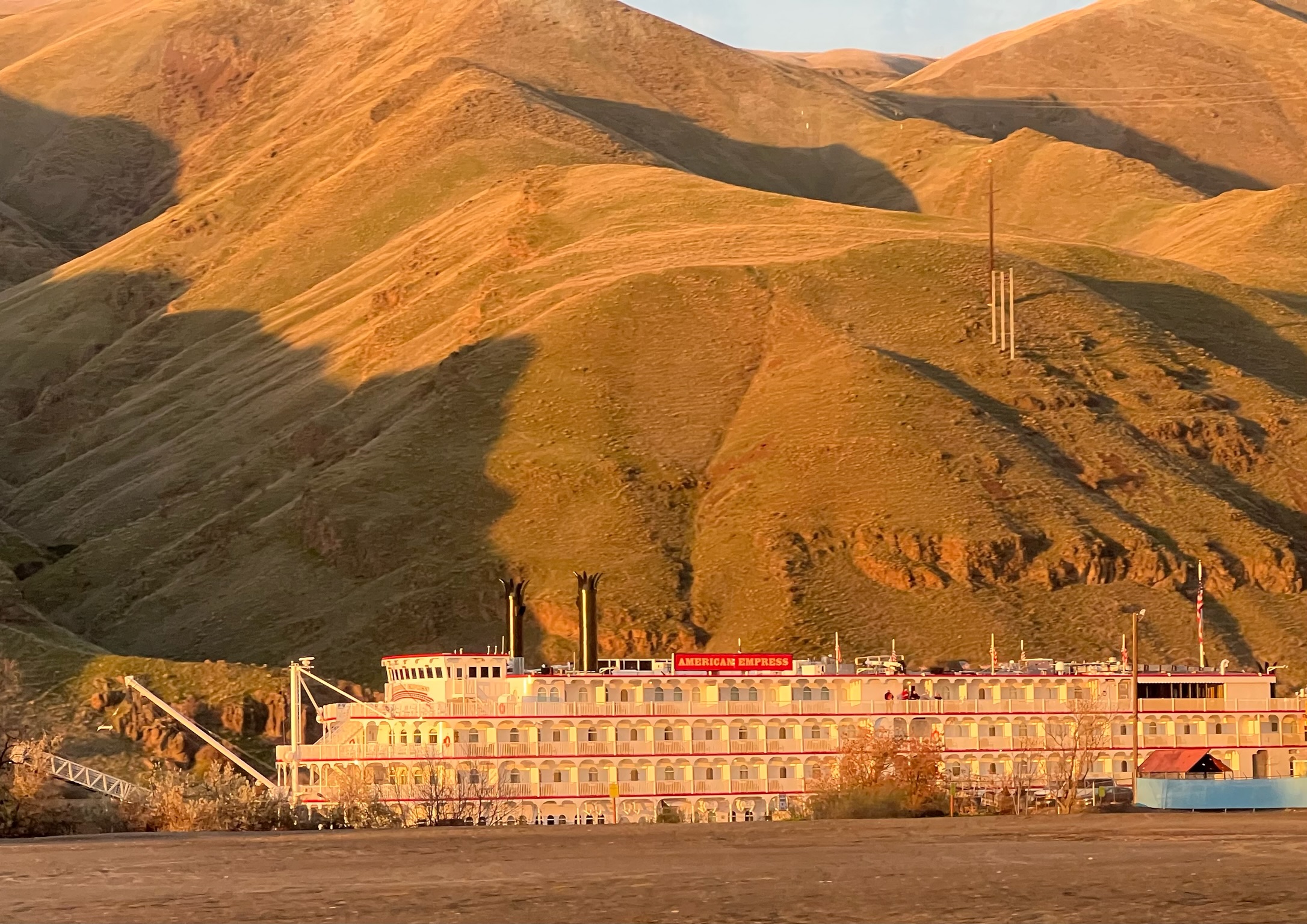After the repeal of Prohibition, Louisville had a second growth of distillery construction. Most of the distilleries that were around prior to Prohibition were no longer in business and Prohibition caused many of them to be torn down and their copper stills scrapped as the owners salvaged what they could from a business that they thought may never come back. Some of the companies did re-enter the business and built new distilleries but moved out of what was then Louisville city limits to avoid city taxes. The city of Shively was created to collect the tax revenue from these distilleries and to prevent Louisville, with its much higher tax rate, from annexing the area where these distilleries were built. I will start with the pre-Prohibition distilleries that came back within the city limits.
Ph. Stitzel Distillery on Story Avenue was operated for a few years by Stitzel and then sold to Frankfort Distillery. They ran the distillery for a few years before closing it when they built a new distillery in Shively.
Bonnie Bros. Distillery was in Portland and was later sold to Park and Tilford after repeal, who then sold it to Schenley in the early 1950s. Schenley closed the distillery in the early 1960s.
Brown-Forman acquired the White Mills Distillery on Dixie Highway and Garland Avenue and rebuilt it in 1928 to replenish their stocks of medicinal spirits. They closed the distillery in the 1950s but maintained warehousing, bottling and corporate headquarters on the site.
Bernheim Distillery was re-opened at the old Belmont and Astor Distilleries site at 17th and Lexington in 1934. In 1937, Schenley acquired the distillery and brands. It was sold to Heaven Hill in the late 1990s and is still a warehousing and distillery site for Heaven Hill.
Sunnybrook distillery became part of National Distillers during Prohibition and they produced at the 26 and Broadway site until the 1970s.
Old Grand Dad was another National Distillers brand that had a production and warehousing site in Louisville at the Distillery Commons location on Lexington Road.
Seagram built a large distillery, warehousing and bottling plant on 7th Street in the 1930s. This distillery was built just inside the city limits but borders upon the city limits of Shively. The buildings still survive and the warehouses are a storage facility and the main office building houses a charity headquarters.

Outside The City Limits
There are many distilleries located outside of the Louisville city limits of1934. Most were located in what became Shively, but there were a couple located elsewhere in Jefferson County.
Stitzel-Weller Distillery is located along Fitzgerald Road between Ralph Avenue and Millers Lane. The distillery was opened in 1935 and is still a warehousing and bottling facility for Diageo.
Glencoe Distillery was built in the 1930s at the corner of Cane Run Road and Miller Avenue. The Hollenbachs closed their 26th and Broadway distillery at the onset of Prohibition and built this distillery after repeal. It closed in the 1970s.
Frankfort Distillery built a new Four Roses distillery and warehouse complex on Dixie Highway after repeal. The distillery was closed down in the 1970s and is now a trucking storage complex.
Brown-Forman purchased the Old Kentucky Distillery on Dixie Highway during the Second World War and started making Early Times at the distillery. They then moved the Old Forester stills from their Louisville operation to this distillery and began making Old Forester there as well. In 2020, they sold the Early Times brand but still distill and warehouse Old Forester at this site.
Yellowstone Distillery was built in the 1930s on Seventh Street by Taylor & Williams. During the war, Glenmore purchased the distillery and brand and operated the distillery, warehouses and bottling line there until the 1980s. In the 1990s, United Distillers (now Diageo) acquired Glenmore and sold this distillery to Florida Distillers who operate it now making flavoring alcohol from citrus. Angel’s Envy purchased the last standing warehouse and use it to age their products.
Hill & Hill Distillery was built by National Distillers between Bernheim Lane and Wathen Lane in the 1930s. It operated until the 1970s and sat idle for many years before it was sold to a company that started distilling industrial alcohol there in the 1990s.
Meadowlawn or Old Boone Distillery was located in southern Jefferson County, in Valley Station. It was opened in the 1930s and closed down in 1978.
Grosscurth Distillery was located at Echo Trail on Floyd’s Fork near Jeffersontown. It was built after repeal and closed in 1968 after a fire destroyed two of the warehouses.Find Part One of this story here: Louisville Distilleries Before Prohibition
Photos Courtesy of Rosemary Miller















March 29, 2021 at 5:16 pm
“… In 2020, they sold the Early Times brand”
Mike, who owns Early Times now, and do you know where the whiskey is distilled? Or does B/F continue to distill it, but just as a contractor?
March 30, 2021 at 7:02 pm
Buffalo Trace acquired the Early Times brand. I suspect they will make their own whiskey to support the brand.